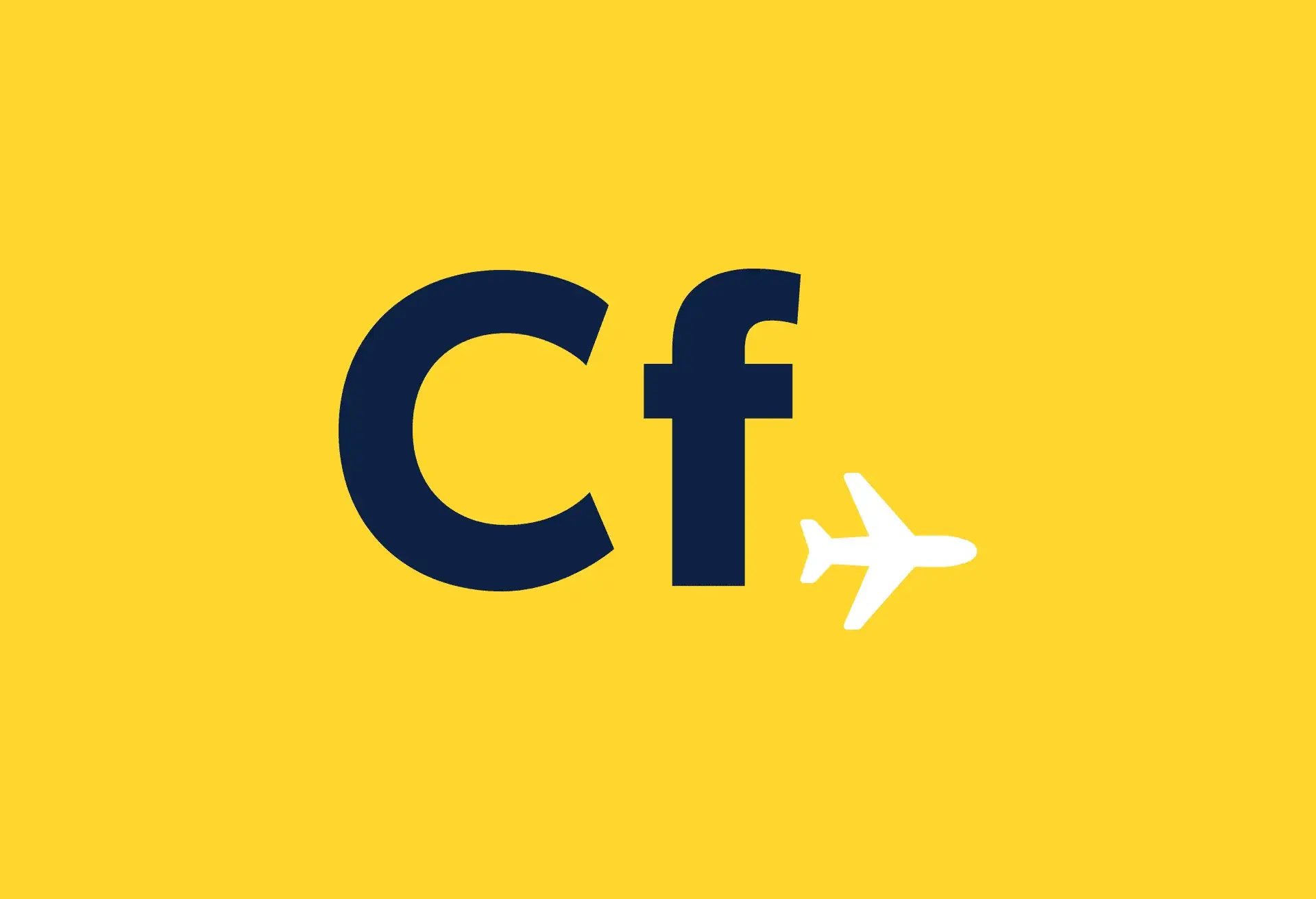It is very tempting to weigh into the arguments about the pros and cons of the public sector strike this week, but to do so would infer Cheapflights is politically partisan, writes John Barrington-Carver. As a consumer champion we strive to deliver really excellent deals and travel information for consumers while remaining independent. As a price comparison site publishing millions of deals from literally hundreds of flights providers we do not favour any one provider against another. Hence, as a policy, we like to retain a neutral stance.
However, when travel sector consumers are affected by industry events, our freedom to comment, like the right to strike, is one of the many reasons why, even today, the UK is still not a bad place to live.
Militant unionism unfurling the Red Flag for the day about changes to public sector pensions will no doubt endanger other (private sector) jobs and harm the economy. Like the British Airways cabin staff strike situation earlier this year when BA was struggling to regain profitability, the public sector worker strike ignores the fact that as their employer, the government is not only having to deal with the effects of the world recession but also with the largest ever budget deficit inherited from the last government.
It’s ironic, in a way, that the last government, whose election was largely supported by the very unions calling for this week’s strike about pensions, removed investment tax breaks for UK private sector pension funds. This adversely affected millions of private sector workers paying into private pensions, but who had no recourse to industrial action. It is therefore tempting to ask, why should public sector employees’ pensions and terms of employment be protected from market conditions (not to mention the excesses of the world’s bankers) and the overspending of a previous government any more than the ordinary private sector employee?
Also, it’s difficult to understand the retro 1960s’ confrontational reasoning of a strike leader’s rhetoric this week when he said: “Cabinet members Francis Maude and Eric Pickles can look forward to more than £43,000 a year in retirement at the taxpayers’ expense – about £37,000 a year more than the dinner ladies they are now asking to pay more to get less.” Surely Cabinet Ministers and MPs of all parties are also public servants but who carry much more responsibility and work much longer hours than those worthy dinner ladies?
Putting both protagonist’s rhetoric and arguments aside, the prospects for Wednesday look problematical to say the least for those consumers affected by lack of public services, particularly those unfortunate to be travelling by air. Log jams of arriving planes caused by lack of striking border control staff may lead to arriving planes being unable to off-load passengers for hours. The knock-on effect on scheduling will also likely continue for several days. If anyone has been stuck on a tarmac-bound plane for several hours or more, they will know how horrendous that is.
Public sector union leaders are not paid to look out for private sector workers’ interests and jobs. However, both sectors need each other. Without healthy tax revenues from UK industries and the service sector, the cost of the public sector would weigh very heavily on the country’s finances. Those working in the private sector dependent on an economic upturn and future employment need the UK to be seen to be open for business. Threats of more militant and confrontational action may excite some elements of UK society, but the truth is surely that the potential damage to UK Ltd. is no more pleasant a prospect to the vast majority than being stuck for many hours in an aluminium tube on the tarmac. That kind of message to international travellers signals that Britain is indeed succumbing to militant trade unionism and is not a place to invest in nor do business with, let alone visit the UK as a much-needed tourist.
(Image: ukhomeoffice)


